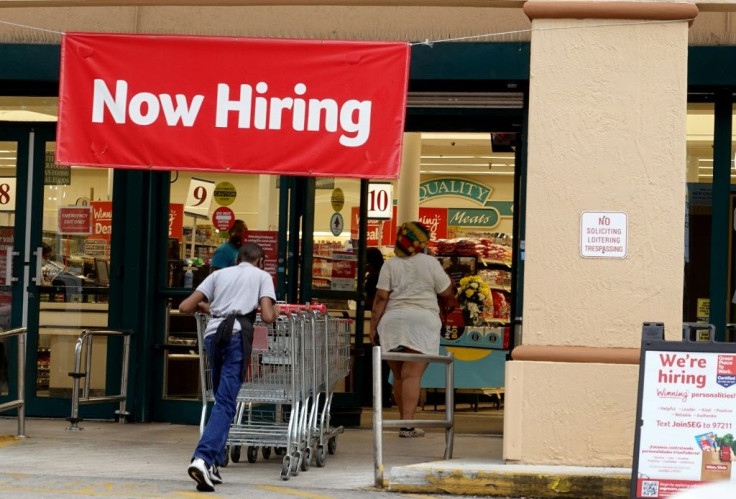
The U.S. job market remains resilient, as unemployment claims fell last week, despite persistent economic challenges like high interest rates and inflation. According to ABC News, initial jobless claims decreased by 7,000 to 227,000, signaling that labor conditions remain stable even as concerns of an economic slowdown loom.
This dip marks the second consecutive week of declining claims, reversing the upward trend seen earlier in the summer. Reuters reported that much of July's increase in unemployment claims was attributed to temporary factors, such as auto plant shutdowns and weather disruptions. The current decline indicates that those earlier concerns may have been overestimated.
In addition to the positive jobless claims data, retail sales surged by 1.0% in July—the strongest gain in over a year—further dispelling fears of an imminent recession. Christopher Rupkey, chief economist at FWDBONDS, told Reuters, "The economy is not going off the rails," adding that current data suggests the Federal Reserve will opt for a smaller rate cut next month rather than the more aggressive 50 basis points some had anticipated.
While layoffs remain historically low, hiring has slowed as businesses adapt to a tighter labor supply driven by immigration and earlier job market surges. The number of people receiving unemployment benefits after an initial claim—often considered a proxy for ongoing job stability—fell by 7,000 to 1.86 million for the week ending Aug. 3.
Inflation, while still above the Federal Reserve's target, has steadily decreased, giving hope that the worst of the price pressures are behind us. However, with the presidential election on the horizon, economic conditions continue to be a hot topic. Many Americans are still grappling with the reality that consumer prices remain nearly 20% higher than they were before inflation spiked in 2021.







